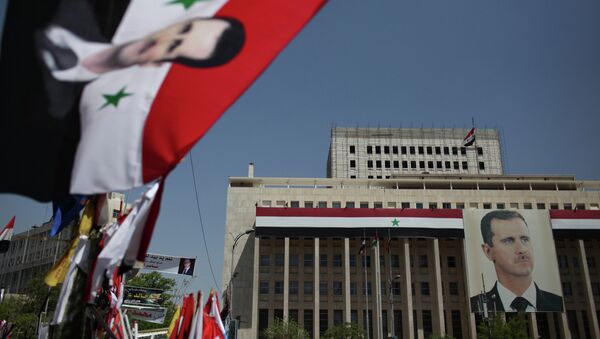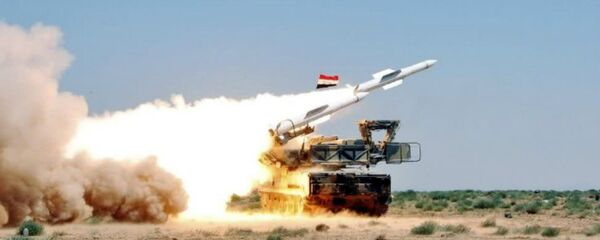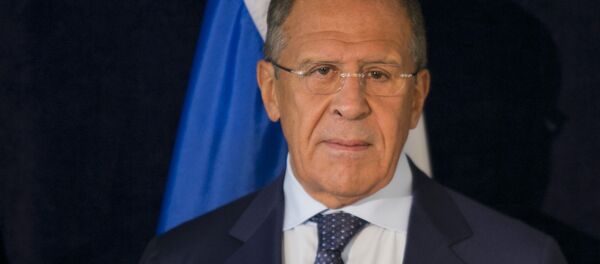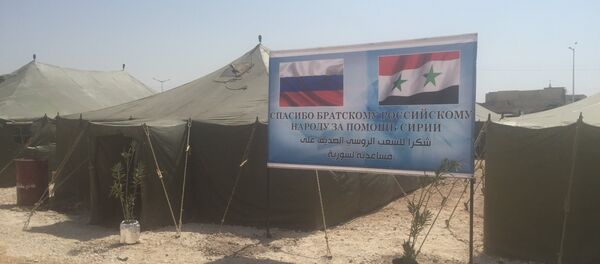On October 8, 1980, the governments of the Soviet Union and the Syrian Arab Republic signed the Treaty of Friendship and Cooperation in Moscow. According to the document, the USSR and SAR committed themselves to expanding and strengthening bilateral friendship and cooperation between the two states, including the areas of politics, economy, military, in science and technology as well as culture.
The two parties pledged to strengthen universal peace and security of nations, to facilitate détente and embody it in specific forms of cooperation, to resolve contentious issues by peaceful means and to eliminate hegemonism and aggression from international relations.
The late-20th-century document stressed that the USSR would respect the Syrian Arab Republic’s policy of nonalignment, an important factor for preserving and strengthening international peace and security and ensuring détente.
The treaty expressly stated that in the occurence of situations jeopardizing peace or security for either party, the two parties would promptly contact each other to coordinate positions and cooperate to eliminate emerging threats so that peace can be restored.
#Russia's #MFA: The Soviet-Syrian Treaty of Friendship and Cooperation (1980) "remains in force." http://t.co/xHp1cXEC #Good for #Syria
— MRZine (@mrzine_notes) April 21, 2012
The treaty stipulated expanded mutual exchange of opinion and regular consultations on issues of interest to both parties, with a focus on Middle Eastern-related challenges.
The USSR and the Syrian Arab Republic pledged to strengthen and expand mutually beneficial economic and scientific-technological cooperation, as well as to exchange experience in industry, agriculture, irrigation and water resource management.
The two signatories agreed to cooperate on crude oil and other natural resource production and extraction, as well as in communications, transportation and in training specialists.
The 1980 Treaty of Friendship and Cooperation between the USSR and Syria focuses on consultation mechanisms rather than on military support
— MFA Russia (@mfa_russia) March 2, 2012
The treaty stipulated an expanded mutual trade on an equal basis, with mutual benefits and a most-favored-nation principle.
The parties pledged to cooperate and exchange experience in science, art, literature, education and healthcare, as well as information, cinematography, tourism and sports.
According to the document, the parties pledged to expand military cooperation in the interest of strengthening defense capabilities.
Each party agreed not to join alliances or any groups of states that foment actions or events directed against the other party.
The treaty was originally to remain in force for a period of 20 years from the date of its enactment. If neither of the contracting parties stated its desire to terminate the treaty six months prior to this deadline, the document would remain in force for an additional five years until one contracting party notified the other party in writing about its intention to terminate the treaty six months before this five-year period expired.
On November 14, 1980, the USSR's Presidium of the Supreme Soviet — the USSR Parliament — issued an executive order ratifying the Treaty of Friendship and Cooperation between the Soviet Union and the Syrian Arab Republic.
The agreement remains in force to this day.






